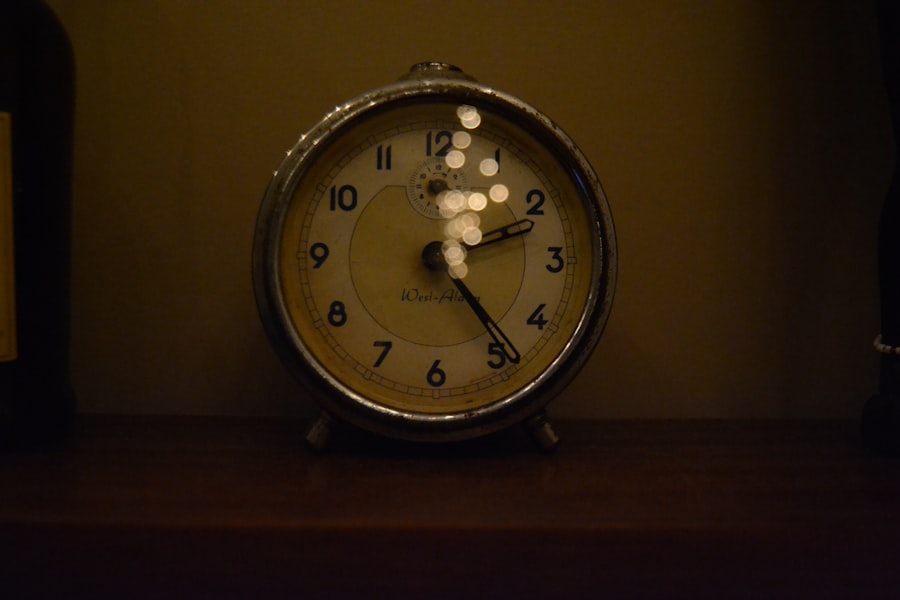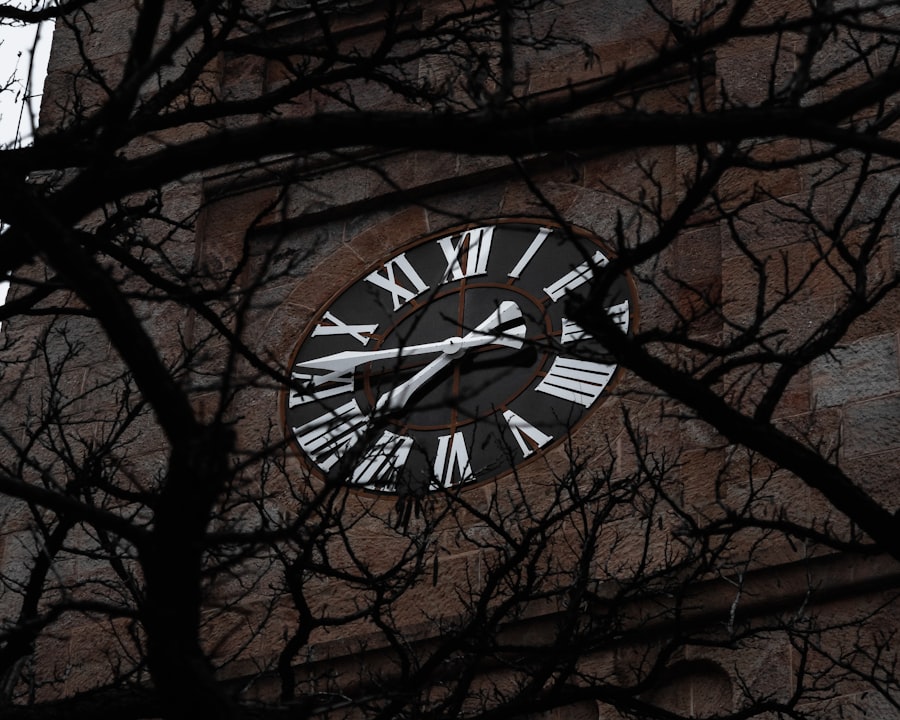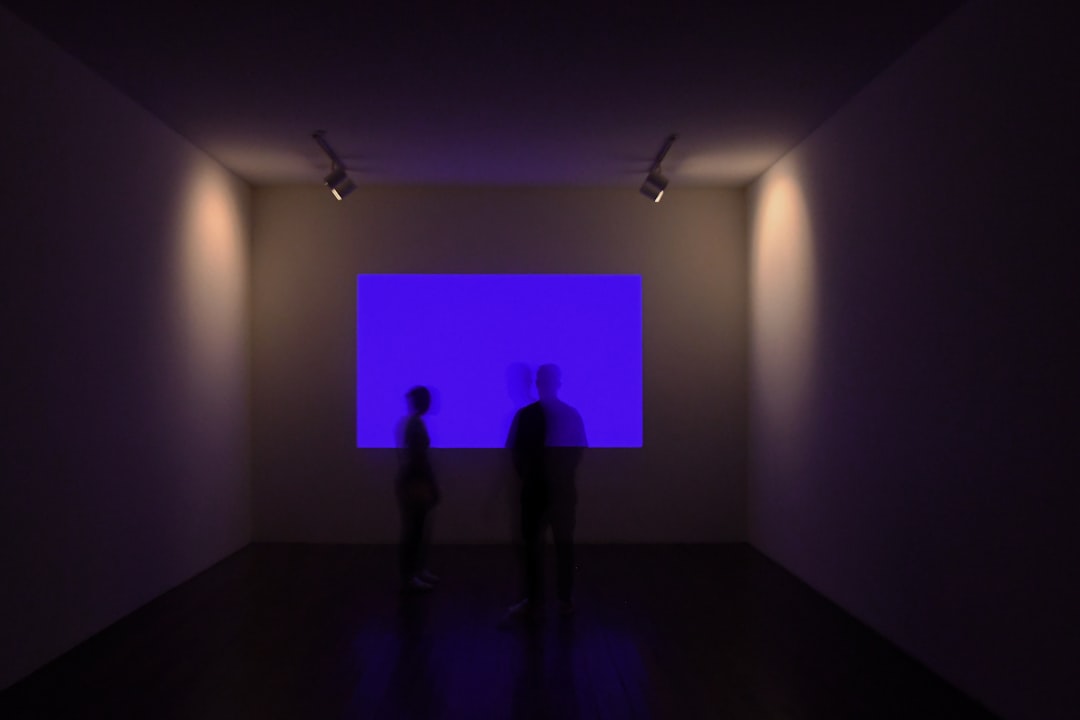Time is an enigmatic and multifaceted concept that has intrigued humanity for centuries. It serves as a framework within which events occur, allowing individuals to organize their lives and experiences. Time is often perceived as a linear progression, moving from the past through the present and into the future.
However, this seemingly straightforward understanding belies the complexity of time as it intertwines with various disciplines, including physics, psychology, philosophy, and culture. The exploration of time not only reveals its scientific underpinnings but also highlights its profound impact on human existence and societal structures. As individuals navigate their daily lives, they rely on time to structure their routines, set goals, and measure progress.
Clocks and calendars serve as tools to quantify this elusive entity, yet the subjective experience of time can vary significantly from one person to another. The perception of time can be influenced by numerous factors, including emotional states, cultural backgrounds, and even biological rhythms. This article aims to delve into the intricate layers of time, examining its historical perspectives, scientific theories, psychological implications, and cultural significance.
Key Takeaways
- Time is a multifaceted concept explored through history, physics, psychology, culture, philosophy, and spirituality.
- Einstein’s theory of relativity revolutionized our understanding of time, introducing the idea of time dilation, especially relevant in space travel.
- Human perception of time is influenced by biological clocks, psychological factors, and cultural contexts.
- Time is often considered a human construct, shaping societal structures and technological advancements.
- Ongoing research into time perception promises to deepen our understanding of the universe and the nature of reality.
Historical perspectives on the perception of time
Throughout history, the perception of time has evolved dramatically, shaped by cultural beliefs and technological advancements. In ancient civilizations, time was often viewed through the lens of natural cycles, such as the changing seasons or the phases of the moon. The Egyptians, for instance, developed a calendar based on the annual flooding of the Nile River, which was crucial for agricultural planning.
Similarly, the Mayans created a complex calendar system that reflected their understanding of celestial movements and cycles. As societies progressed, so too did their understanding of time. The advent of mechanical clocks in the Middle Ages marked a significant shift in how people perceived and measured time.
This innovation allowed for a more precise tracking of hours and minutes, leading to a more regimented approach to daily life. The Industrial Revolution further transformed perceptions of time by introducing the concept of standardized time zones, which facilitated coordination in an increasingly interconnected world. This historical evolution underscores how time has been both a practical tool and a philosophical inquiry throughout human history.
The physics of time: Einstein’s theory of relativity

The scientific exploration of time reached new heights with Albert Einstein’s groundbreaking theory of relativity in the early 20th century. Einstein proposed that time is not an absolute entity but rather a relative one that is intertwined with space. According to his theory, the passage of time can vary depending on an object’s velocity and gravitational field.
This revolutionary idea challenged long-held notions of time as a constant measure and introduced the concept that time could be affected by physical conditions. Einstein’s theory posits that as an object approaches the speed of light, time slows down relative to an observer at rest. This phenomenon, known as time dilation, has been confirmed through various experiments and has profound implications for our understanding of the universe.
For instance, astronauts aboard high-speed spacecraft experience time differently than those on Earth due to their velocity. This revelation not only reshapes scientific perspectives on time but also raises philosophical questions about the nature of reality and human experience.
The psychology of time perception
| Aspect | Description | Key Findings | Example Metrics |
|---|---|---|---|
| Subjective Time Dilation | Perception of time slowing down during high-arousal or stressful events. | Time can feel up to 2-3 times slower during emergencies. | Time estimation error: +150% during stress |
| Age and Time Perception | Older adults often perceive time as passing faster than younger individuals. | Perceived duration decreases by approximately 10-15% per decade after age 30. | Subjective time speed increase: 12% per decade |
| Attention and Time Estimation | Focused attention on time leads to more accurate time estimation. | Divided attention can cause underestimation of elapsed time by 20-30%. | Time estimation accuracy: 85% with full attention |
| Emotional Influence | Positive emotions tend to make time feel like it passes faster; negative emotions slow it down. | Negative mood can increase perceived duration by 25%. | Perceived duration change: +25% (negative mood) |
| Temporal Illusions | Phenomena where perceived time intervals differ from actual time. | Examples include the kappa effect and the chronostasis illusion. | Time distortion magnitude: up to 500 ms |
| Time Perception in Mental Disorders | Conditions like ADHD and schizophrenia affect time estimation and temporal processing. | ADHD patients may underestimate intervals by 15-20%. | Interval estimation error: -20% in ADHD |
The perception of time is not solely a scientific inquiry; it also encompasses psychological dimensions that influence how individuals experience the passage of time. Research in psychology has shown that various factors can alter one’s perception of time, including attention, emotion, and memory. For example, when individuals are engaged in enjoyable activities or are deeply focused on a task, they often report that time seems to fly by.
Conversely, during moments of boredom or distress, time may feel as though it is dragging on interminably.
Events that are rich in detail or emotionally charged tend to be remembered more vividly, leading individuals to perceive them as longer in duration.
This phenomenon suggests that our subjective experience of time is intricately linked to our mental states and experiences. Understanding these psychological aspects can provide valuable insights into how people navigate their lives and make sense of their experiences over time.
Cultural and societal influences on the perception of time
Cultural contexts significantly shape how societies perceive and value time. In some cultures, such as those in Western societies, punctuality and efficiency are highly regarded, leading to a more linear understanding of time where schedules dictate daily life. In contrast, many Indigenous cultures view time as cyclical, emphasizing harmony with nature and communal experiences over strict adherence to clocks.
This divergence in temporal perception reflects broader cultural values and priorities. Moreover, societal changes brought about by technology have further influenced perceptions of time. The rise of digital communication and instant gratification has led to an accelerated pace of life for many individuals.
The expectation for immediate responses can create a sense of urgency that alters how people experience time. As societies continue to evolve in response to technological advancements, understanding these cultural influences becomes essential for fostering meaningful interactions and connections among individuals.
The concept of time in philosophy and spirituality

Philosophers have long grappled with the nature of time, pondering its existence and implications for human existence. From ancient Greek thinkers like Heraclitus, who famously stated that “everything flows,” to modern philosophers such as Martin Heidegger, who explored the relationship between being and temporality, the philosophical discourse surrounding time is rich and varied. These discussions often delve into existential questions about mortality, change, and the nature of reality itself.
In spiritual contexts, time is frequently viewed through metaphysical lenses that transcend conventional understandings. Many religious traditions emphasize the idea of eternal or divine time that exists beyond human comprehension. For instance, in Hinduism, the concept of “Kalachakra” represents the cyclical nature of time within cosmic cycles.
Such spiritual interpretations challenge individuals to reflect on their place within the broader tapestry of existence and consider how their actions resonate across temporal dimensions.
Time dilation and its implications in space travel
Time dilation is not merely a theoretical concept; it has practical implications for space travel and our understanding of the universe. As humanity embarks on ambitious missions beyond Earth, such as potential journeys to Mars or beyond, the effects of relativistic physics become increasingly relevant. Astronauts traveling at high speeds or experiencing strong gravitational fields will encounter different rates of time passage compared to those remaining on Earth.
This phenomenon raises intriguing questions about aging and human experience in space exploration. If astronauts spend extended periods in space at relativistic speeds, they may return to Earth having aged less than their counterparts who remained planet-bound. Such considerations not only challenge conventional notions of aging but also prompt discussions about the psychological effects of long-duration space travel on human beings.
The role of biological clocks in the perception of time
Biological clocks play a crucial role in shaping how individuals perceive and experience time on a daily basis. The human body operates on circadian rhythms—internal processes that regulate sleep-wake cycles and other physiological functions over a 24-hour period. These rhythms are influenced by external cues such as light exposure and social interactions, highlighting the interplay between biology and environmental factors in temporal perception.
Disruptions to these biological clocks can lead to various health issues, including sleep disorders and mood disturbances. Understanding how biological rhythms influence perceptions of time can inform strategies for improving well-being and productivity in modern society. As individuals navigate increasingly demanding schedules and lifestyles, recognizing the importance of aligning activities with natural rhythms becomes essential for maintaining a healthy relationship with time.
The illusion of time in art and literature
Art and literature have long explored the illusionary nature of time, capturing its complexities through creative expression. Writers such as Virginia Woolf and Marcel Proust have delved into subjective experiences of time in their works, illustrating how memory and perception shape narratives. Woolf’s stream-of-consciousness technique allows readers to experience characters’ thoughts in real-time, blurring the boundaries between past and present.
Visual artists have also grappled with temporal themes, using techniques such as fragmentation or repetition to convey the fluidity of time. Salvador Dalí’s surrealist paintings often depict distorted clocks melting away, symbolizing the malleability of temporal perception. Through these artistic explorations, creators invite audiences to reflect on their own experiences with time and challenge conventional understandings.
Time as a human construct: implications for society and technology
The notion that time is a human construct has profound implications for society and technology. While clocks and calendars provide frameworks for organizing daily life, they also impose structures that can dictate behavior and expectations. The relentless pursuit of efficiency often leads individuals to prioritize productivity over well-being, resulting in stress and burnout.
As technology continues to advance at an unprecedented pace, society must grapple with how these constructs shape human experiences. The rise of artificial intelligence and automation raises questions about how individuals will relate to work and leisure in an increasingly digitized world. Recognizing that time is not merely a fixed entity but rather a flexible construct can empower individuals to redefine their relationships with it.
The future of time perception research and its potential impact on our understanding of the universe
As research into time perception continues to evolve across disciplines, its potential impact on our understanding of the universe remains vast. Advances in neuroscience may uncover deeper insights into how the brain processes temporal information, shedding light on cognitive functions related to memory and decision-making. Furthermore, interdisciplinary collaborations between physicists, psychologists, philosophers, and artists could lead to innovative approaches for exploring temporal phenomena.
The future may also see increased interest in how technology influences perceptions of time in real-time environments—such as virtual reality or augmented reality—offering new avenues for experiential exploration. As humanity seeks to comprehend its place within an ever-expanding universe, understanding the complexities of time will undoubtedly play a pivotal role in shaping future inquiries into existence itself. In conclusion, the concept of time is an intricate tapestry woven from historical perspectives, scientific theories, psychological insights, cultural influences, philosophical inquiries, artistic expressions, biological rhythms, societal constructs, and future explorations.
As humanity continues its quest for knowledge about this elusive entity, it becomes increasingly clear that our relationship with time is both profound and multifaceted—an enduring source of fascination that shapes every aspect of human experience.
The concept of time as an illusion has intrigued scientists and philosophers alike, leading to various interpretations and theories. One insightful article that delves into this topic is found on Freaky Science, which explores the nature of time and its perception in our daily lives. For a deeper understanding of this fascinating subject, you can read the article [here](https://www.freakyscience.com/).
WATCH THIS! The Future Is Already Written: Why Physics Says Time Is a Lie
FAQs
What does it mean to say that time is an illusion?
Saying that time is an illusion means that our common perception of time as a continuous, flowing entity may not reflect its true nature. Instead, time might be a construct of human consciousness or a feature emerging from more fundamental physical processes.
Which scientific theories suggest that time might be an illusion?
Several theories in physics, including Einstein’s theory of relativity and certain interpretations of quantum mechanics, suggest that time may not be absolute or fundamental. For example, in relativity, time is relative and can vary depending on the observer’s frame of reference, challenging the idea of a universal, linear time.
How does Einstein’s theory of relativity challenge the traditional concept of time?
Einstein’s theory of relativity shows that time is relative and can dilate or contract depending on the speed and gravitational field experienced by an observer. This means that time does not pass at the same rate for everyone, contradicting the classical notion of a single, universal time.
What role does the brain play in our perception of time?
The brain processes sensory information and creates a subjective experience of time passing. Neuroscientific studies suggest that our perception of time can be influenced by attention, memory, and emotional states, indicating that time as we experience it is partly a mental construct.
Is time considered an illusion in quantum physics?
In some interpretations of quantum physics, time may not be a fundamental parameter but rather an emergent property arising from more basic quantum processes. Certain quantum gravity theories propose that time might not exist at the most fundamental level of reality.
Does the idea that time is an illusion mean that time does not exist at all?
Not necessarily. The idea that time is an illusion often means that our everyday experience of time as a flowing, linear entity may not be fundamental. Time may still exist as a useful concept or emergent phenomenon, even if it is not a fundamental aspect of the universe.
How does the concept of block universe relate to time being an illusion?
The block universe theory posits that past, present, and future all coexist simultaneously in a four-dimensional spacetime block. This view implies that the flow of time is an illusion, as all moments are equally real and time does not “pass” in the traditional sense.
Can the illusion of time be experimentally tested or observed?
While the subjective experience of time can be studied through psychology and neuroscience, testing the fundamental nature of time involves complex experiments in physics, such as those related to relativity and quantum mechanics. These experiments have shown that time behaves differently than our everyday intuition suggests.
Why is understanding the nature of time important in science?
Understanding time is crucial for developing accurate physical theories, such as those describing the universe’s origin, black holes, and quantum phenomena. It also has implications for philosophy, cosmology, and our understanding of reality itself.
Are there philosophical implications to the idea that time is an illusion?
Yes, if time is an illusion, it challenges our notions of causality, free will, and the nature of existence. Philosophers debate how this affects concepts like change, identity, and the meaning of life.
